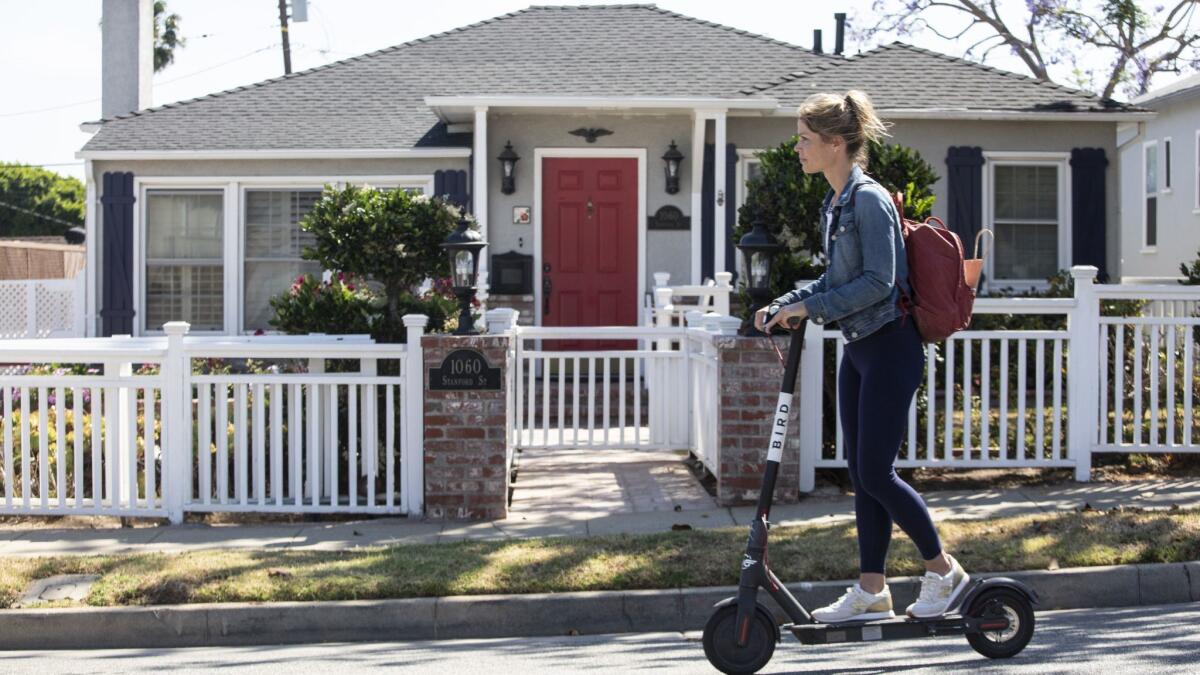Inherited properties: How we reported the story

Where did the data come from?
To report the story about California’s inheritance tax break, The Times obtained property inheritance transfers from Contra Costa, Los Angeles, Marin, Monterey, Napa, San Benito, San Francisco, Santa Barbara, Santa Clara, Santa Cruz, San Mateo, Solano and Sonoma counties.
Five other coastal counties did not provide the information. Officials in San Diego, San Luis Obispo and Ventura said their computer systems did not allow them to compile the data. Alameda County refused to turn over the data because officials said doing so would require them to access confidential information. And the assessor’s office in Orange County demanded $5,500 for the records, which the Times declined to pay.
Some county assessors questioned whether the information was public record. Ultimately, the state Board of Equalization issued a legal opinion confirming that it was, which allowed for the broad release of inheritance transfer data.
The inherited property records dating back to 2007 were matched with public assessor data provided by real estate website Zillow to analyze inheritance rates by county and Census tract. The Times also used Zillow property value estimates to find the current market values for selected homes.
How did you determine whether an owner was living at their inherited property?
We looked at whether they took a homeowners’ exemption, an additional property tax break only available for homes that are owner-occupied. If the homeowner did not claim an exemption, the house was considered likely a rental property or second residence. Researchers say the exemption is the best available measure to determine if an owner actually lives in a home.
How did you figure out how much some heirs saved in property taxes?
We calculated cumulative tax savings for two properties, including the Malibu beach house inherited by siblings Beau, Cindy and Jeff Bridges in 2009. The L.A. County Assessor reassessed both properties before owners claimed an inheritance tax break — then the parcels reverted to their previous value.
For example, the Bridges property was reassessed at $3.3 million after their mother’s death and the resulting transfer in ownership, and later changed back to $383,077, once the inheritance benefit paperwork was filed, records show. We tallied the difference between the actual taxes owed each year and what the taxes would have been at the higher valuation, a gap confirmed by tax documents from the county Auditor-Controller. We consulted with the assessor’s office to review the analysis.
How did you determine how much L.A. County lost in revenue last year because of the inheritance tax break ?
We compared the assessed value of each inherited property to the median assessed value of all properties in its zip code that were reappraised the same year the property was inherited. The tax loss was then calculated by applying the countywide tax rate to the difference of those values. The state Legislative Analyst’s Office was consulted to create the methodology.
Times staff writer Ryan Menezes contributed to this report.
More to Read
Sign up for Essential California
The most important California stories and recommendations in your inbox every morning.
You may occasionally receive promotional content from the Los Angeles Times.












